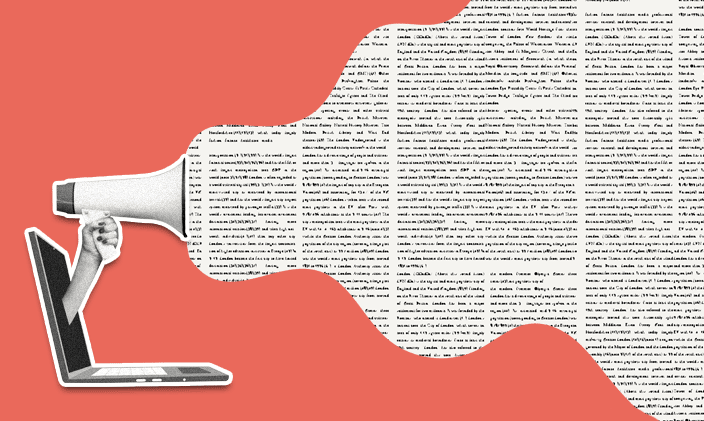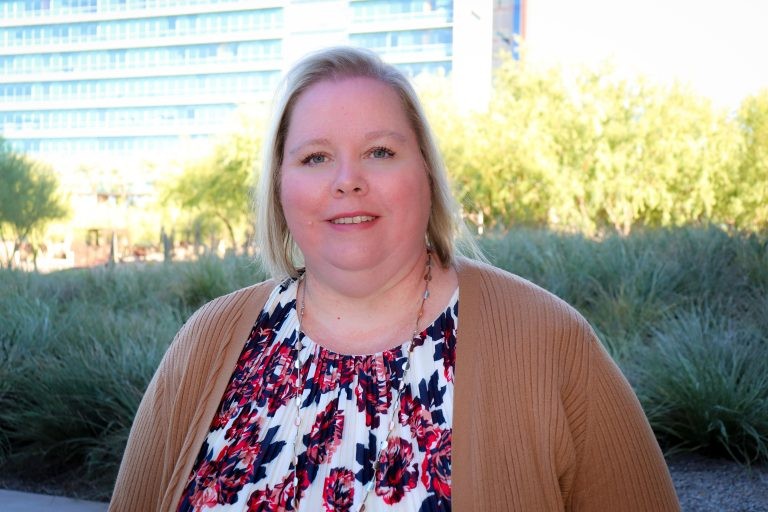University of Phoenix launches new competency-based MBA for business professionals seeking accelerated degree options

By University of Phoenix
An online master’s degree in business administration (MBA) may be a great option for busy working adults seeking leadership development that can be directly tailored to the learner’s strengths and current position. However, these employees often may not have the time to pursue a traditional MBA pathway, which can take more than a year to complete.
A competency-based MBA may be a good fit to help prepare professionals to lead in their organization ― faster.
This year, University of Phoenix launched a new competency-based education (CBE) MBA that allows adult learners with extensive professional experience to leverage their expertise in the process of learning and earning credit toward a degree. The program is offered completely online and designed to provide the learner with a level of flexibility while earning credits as they demonstrate learning from skills or competencies that can be applied directly to their workplace.
For more information, visit /content/edu/us/en/online-business-degrees/mba-competency-based-degree.html.
Kevin Wilhelmsen, dean of the College of Business & Information Technology, said that the competency-based MBA assesses knowledge of real-world skills and can help business professionals keep pace with the rapidly changing workforce.
“The program is ideal for the mid-level professional who can leverage their experience and knowledge in business to earn advanced skills in key business areas to lead their organization during these unprecedented times,” Wilhelmsen said. “Students can have more agency over their degree progression and pace.”
The new accelerated MBA will enable qualified students to earn their degree at a faster pace and lower cost than the University’s traditional MBA. The CBE model can be completed in approximately 12 months – compared to the University’s online traditional MBA, which typically takes 18 months – and for under $10,000, roughly half the cost of the University’s traditional MBA, due to the model’s structure that requires students to support their learning process and manage their time.
Applicants for the CBE MBA must meet a list of requirements to be eligible for the accelerated program. Admissions requirements include an undergraduate degree or higher in business or business management, a cumulative GPA of 2.5 or higher and five years of experience in a business environment. Contact a University enrollment representative for complete admissions requirements.

Both MBA program options are 33-credits, but the curriculum for the competency-based MBA is set up differently to appeal to a learner that desires more independence. Typically, students complete four courses every 16-week period and the total credits earned during that time is 12 credits (3 credit hours for each course). Through the guidance of faculty, students can work on completing all four courses concurrently, doing a bit of work on each at a time, or they can opt to pursue content in a more focused manner competency-by-competency during the 16-week period.
Students who enjoy a more pre-defined and directed educational experience may find a better fit with the traditional MBA program, while those who have a pre-existing foundation of knowledge in business-related subject areas may find the CBE curriculum better suited to meet their needs. Ideal candidates for the CBE MBA are graduate students with professional experience that are intrinsically motivated, disciplined in time management and organized.
“The CBE option should appeal to and work well with students who are experienced and self-organized,” said Kent Blumberg, a faculty member who teaches human resources courses and helped design the new MBA.
The program consists of 11 courses designed around 33 competencies. Each competency is based on a thorough understanding of the knowledge and skills required of a successful MBA candidate, based on consultation with leaders in the business industry. Competency assessments in the program are performance-based, meaning students will earn their MBA by performing the work MBA professionals are called upon to do. Graduates will have the opportunity to build an MBA professional digital portfolio by the end of the program.
Students will have to demonstrate each competency to earn a “met” or “mastered” grade through an authentic assessment. For instance, Blumberg said, a student in his human resources course might be required to develop a plan on how he or she would recruit, select, onboard, train, review performance of and compensate employees for a particular company. A student who doesn’t reach competency on an initial attempt will be given plenty of feedback to help them improve their submission to potentially demonstrate competency on future attempts.
Feedback is provided through a newly designed faculty model that works closely with students’ academic representatives. Two faculty roles support students throughout their academic journey: Practitioner faculty and faculty mentors. Practitioner faculty are comprised of working professionals who support students related to a particular domain or competency and assign a lead faculty or program chair to serve as a mentor. Mentors are the main point of contact for a portfolio of CBE students as they progress through the program.
Competency-based education is a newer concept in higher education, and Wilhelmsen said the University is excited to offer such a program at this time.
For more information on the program, visit /content/edu/us/en/online-business-degrees/mba-competency-based-degree.html.


